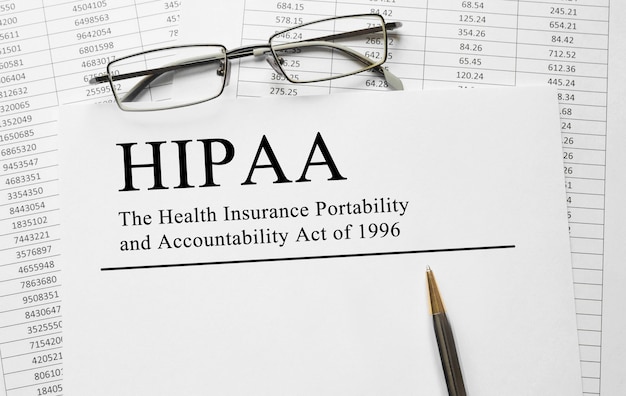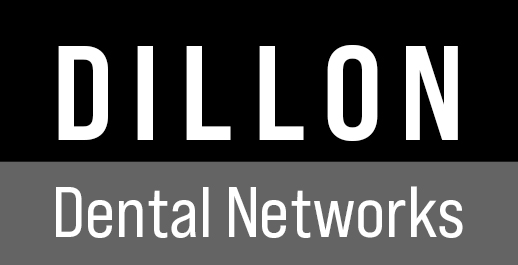
HIPAA is a federal law that can be difficult to understand. Dental offices are required to protect the privacy of their patients and ensure they do not release private information without consent or authorization. The first step in understanding HIPAA for dental offices is knowing what it’s about, why there are so many regulations, and how you can comply with the law.
What is HIPAA in dentistry?
HIPAA is a federal law that provides information privacy and security protections for health care providers. As such, HIPAA rules apply to dentists as they do to any other covered entity (CE). The dental office must safeguard PHI or Protected Health Information with administrative, technical, and physical safeguards in order to stay compliant. These days more than ever it’s important for dental offices to be up-to-date on the latest regulations like HIPAA since healthcare breaches are increasingly common nationwide.
Protecting dental patients’ PHI should be a top priority for any dental office as the medical industry is among those most targeted by hackers. A ransomware attack occurs when an individual infiltrates your internal dental network and encrypts or steals sensitive data, demanding a sum of money in return. The Security Management Process standard of the Security Rule requires all covered entities such as dental offices to conduct an accurate and thorough risk analysis of potential risks, vulnerabilities, or exposures in order to keep confidential information secure among other things.
Some smaller practices believe that they don’t need to worry about these types of attacks though – however; it’s increasingly common for attackers to target small businesses that are easier targets.
As a dental professional, you’re at risk of being an unwitting source for identity thieves. You handle PHI all the time–some innocuous and others that could be used to take someone’s financial security away from them.
How can your dental office remain HIPAA compliant?
HIPAA safeguards should be implemented to secure patients’ PHI.
Administrative. When dealing with PHI, it is important to make sure that your policies and procedures are customized for your dental office operations. Employees should be trained annually on the organization’s policies as well as HIPAA requirements- this ensures they know what will keep them safe from legal issues or violations which could result in fines. There have been many cases of employees leaking sensitive information either intentionally or unintentionally so you want to do everything possible to avoid a lawsuit.
Technical. One of the most important ways you can ensure that all PHI stays safe from hackers and other malicious individuals, such as prying family members or nosy coworkers, is by taking advantage of encryption. Encryption and firewalls could make it harder for someone to get into sensitive data (PHI). That’s why dental offices need a backup plan in case one of these security measures fails.
Physical. It’s important for organizations to be mindful of security measures when it comes to their physical site, like in a dental office. Patient files must be inaccessible if they are not meant for unauthorized individuals and this is typically done by storing them either in locked rooms or filing cabinets.
HIPAA compliance is a concern for many dentists with dental offices. The regulations are tough to follow because they assess not only the security measure of your dental office but also train employees and develop plans in case there have been any healthcare breaches that have occurred. To implement an effective HIPAA program, one must first consult with experts who will help you cover all of these aspects as well as self-audits which ensure that everything has been set up appropriately so it complies with this regulation.
If you’re a dentist, you know that your network is the backbone of your practice. It needs to be up and running at all times for patients to schedule appointments online, access patient records, and make payments. You also need to have a secured network to protect every patient’s sensitive information and remain compliant with federal laws such as the HIPAA.
Dillon Dental Networks offers HIPAA training & compliance services so that you can stay compliant with regulations. We also offer 24/7 monitoring services, network security, recovery and disaster backup, so that if anything happens with your network – we’ll be there to help get it back up and running as quickly as possible. And lastly, we have software and hardware products for dental offices.
If you’re interested in learning more about how we can help your practice, contact us today with the following details:
☎ 800-509-0344
???? hello@dillondentalnetworks.com
???? https://dillondentalnetworks.com/
???? 2195 Faraday Ave, Carlsbad, CA 92008, United States
Dillon Dental Networks has been helping San Diego dental practices run smoothly for years. We’re a team of experts who understand the unique needs of dentists and their offices, which is why we provide complete managed IT services that are customized to fit each client’s budget and business goals.
To learn more about our software and dental IT support, you may visit:
- Carestream Support
- Dentrix Support
- Dexis Support
- Dolphin Support
- Planmeca Support
- Patterson Eaglesoft Support
- Schick Dental Support
- Suni Tech Dental Imaging Support
Our dental IT experts also provide HIPAA and HITECH compliance support and training to ensure that your dental office adheres to federal regulations.
